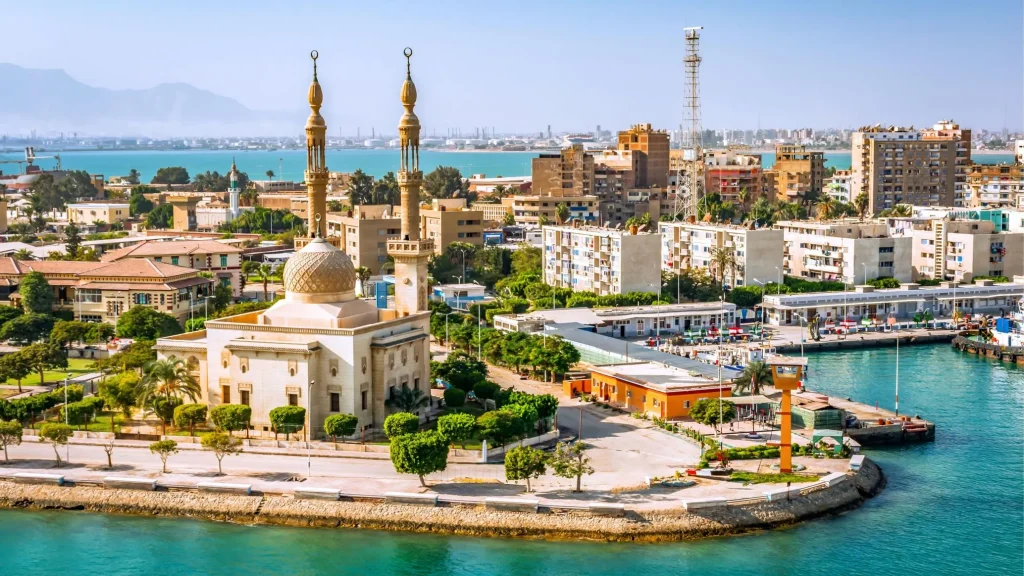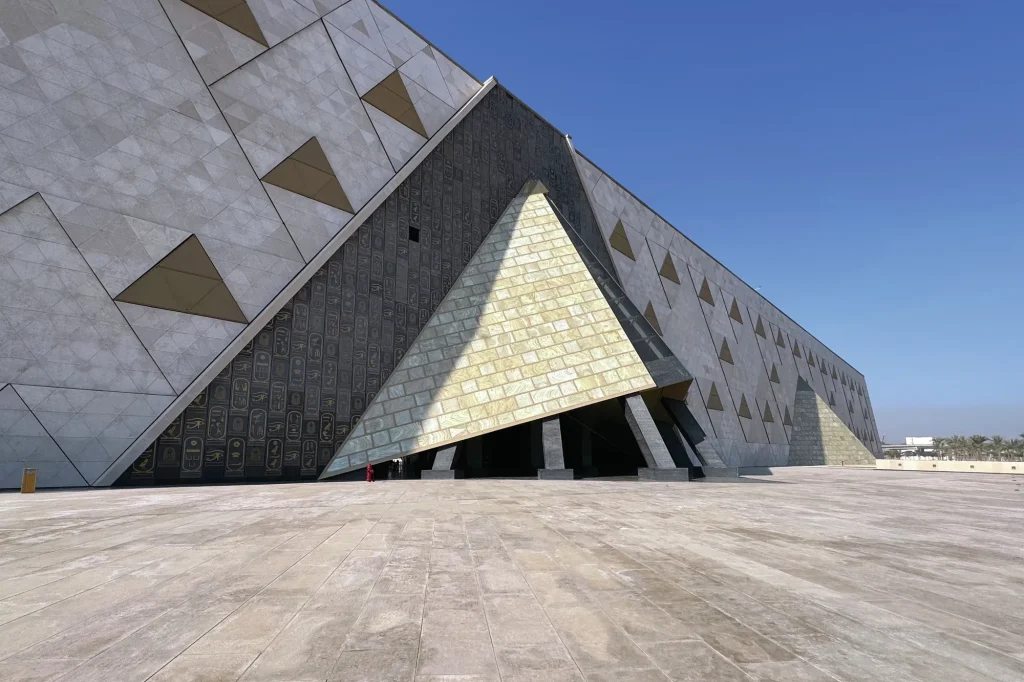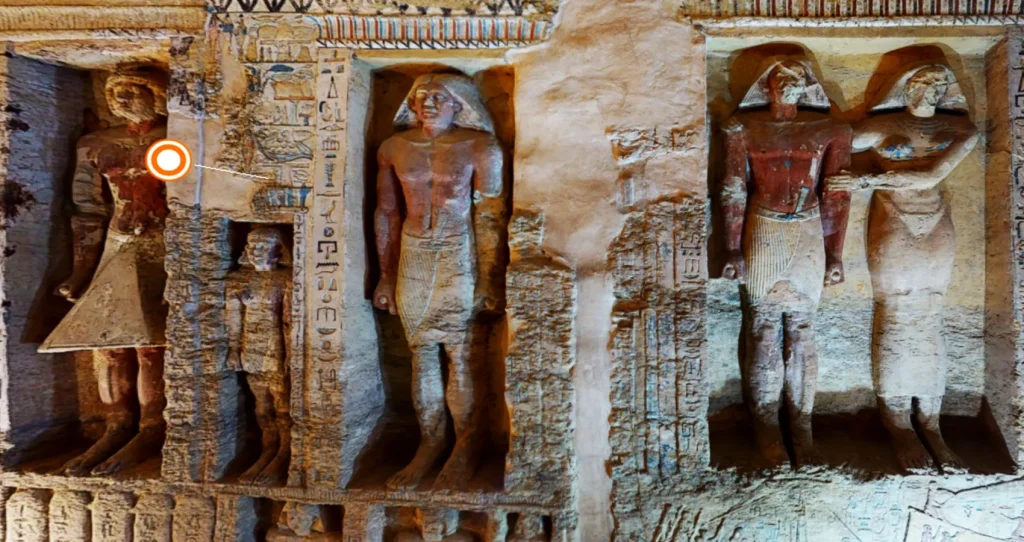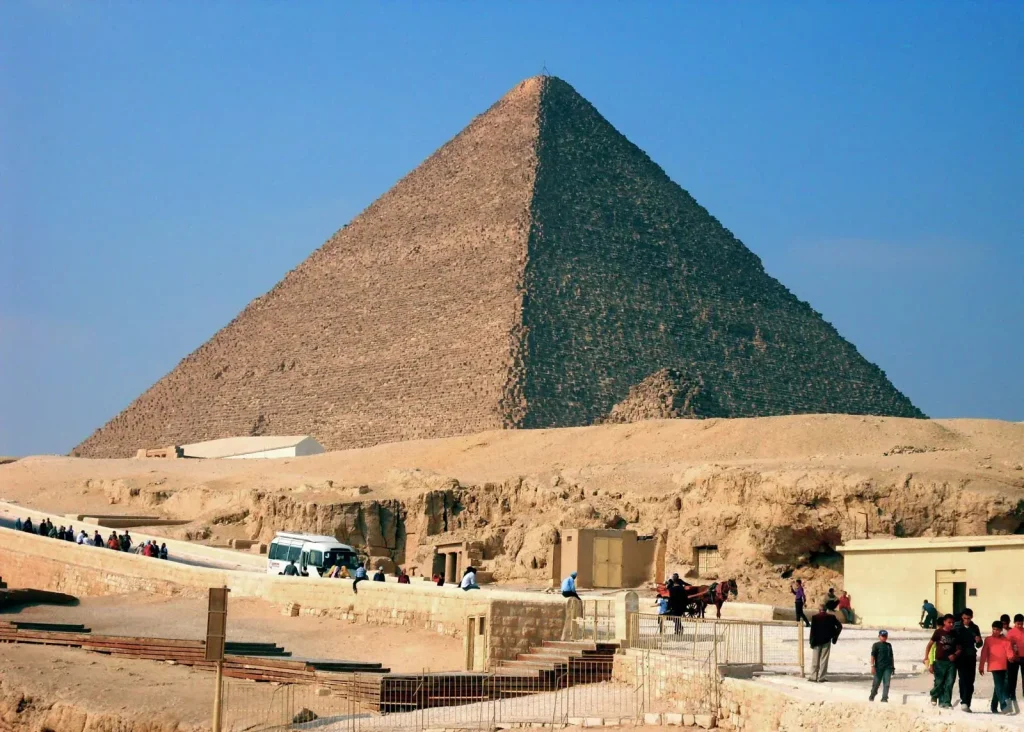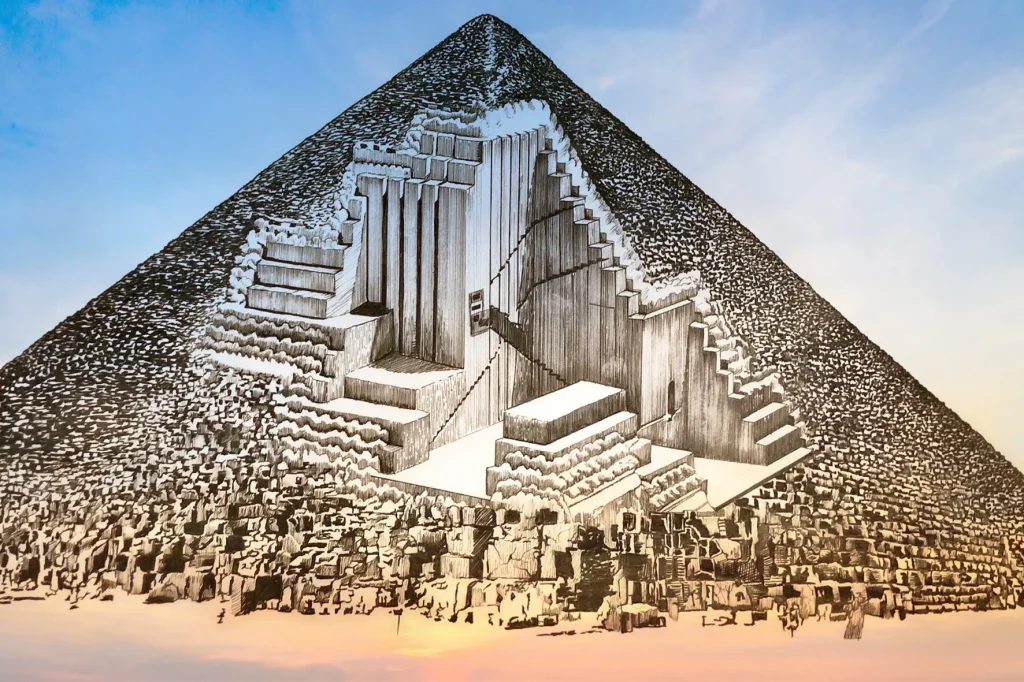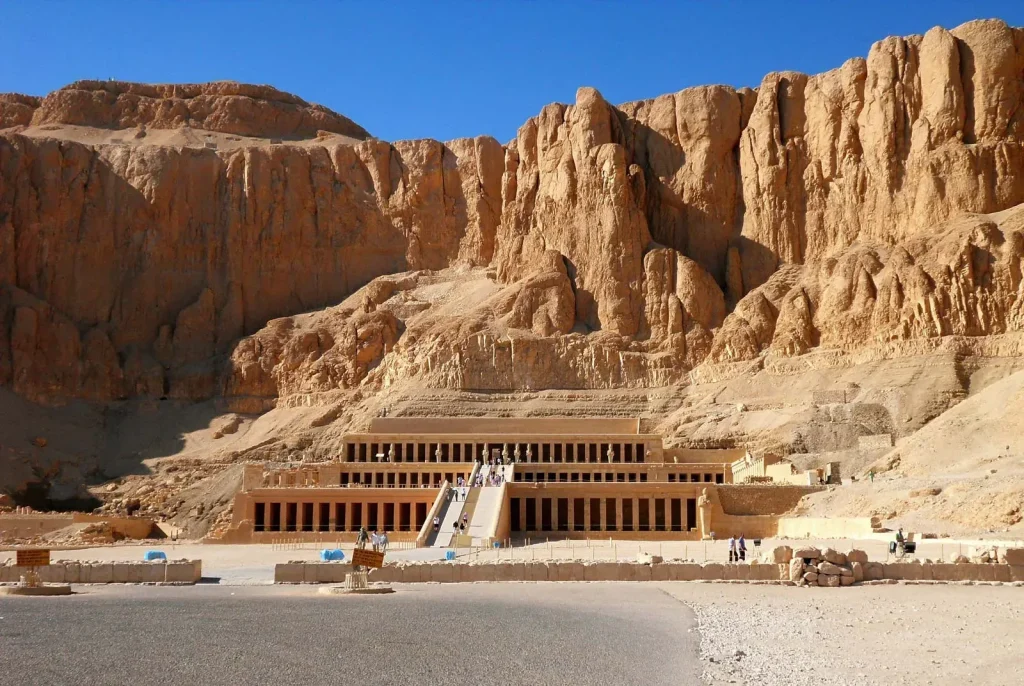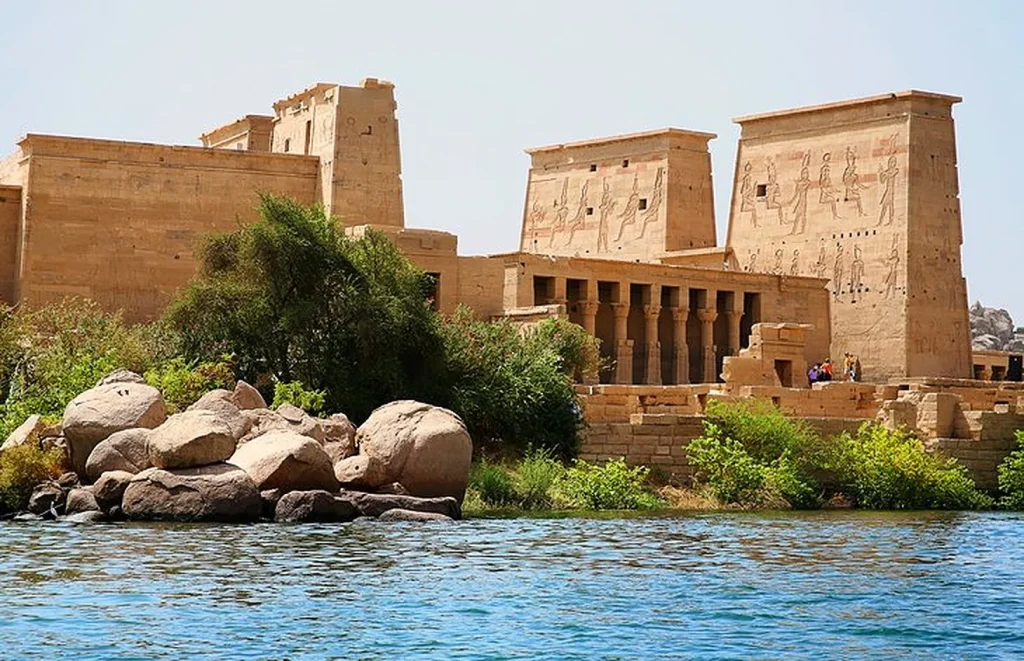Located in the northeastern region of Egypt, Port Said is a city of significant historical and economic importance. It is nestled on the northern end of the globally renowned Suez Canal, serving as the primary entry point to this strategically vital waterway. With its rich history, cosmopolitan heritage, and bustling economic activities, Port Said is a city that effortlessly merges its past with the present.
Genesis of Port Said
Port Said owes its existence to a low sandy strip that separated the Mediterranean from Lake Manzala. This region was transformed into a bustling port city through a remarkable endeavour of land reclamation in the mid-19th century. The city’s inception in 1859 was marked by the construction of breakwaters, which were completed in 1868, a year prior to the completion of the canal.
The city is named after the then ruler of Egypt, Khedive Muhammad Sa’id, who granted Ferdinand de Lesseps the concession to dig the Suez Canal. Over the years, Port Said has evolved from a simple grid-pattern European quarter and a native Egyptian sector into a cosmopolitan city with a blend of diverse cultures.
A Historical Timeline
Port Said has played a pivotal role in Egyptian history. The British occupation of Egypt commenced through this city in 1882. In the late 19th century, Port Said emerged as the world’s largest coal-bunkering station, primarily catering to the Suez Canal traffic.
In 1904, the completion of the standard-gauge railway linking Port Said with Cairo and other canal cities significantly boosted the city’s stature as Egypt’s chief port after Alexandria. It also became a major export hub for cotton and rice from the eastern delta region.
The city experienced a significant setback during the Suez Crisis in 1956 when it was heavily damaged by the air attacks and landings of French and British forces. However, Port Said’s resilience led to a speedy recovery, and the city’s trade activities resumed promptly.
In the Six-Day War of June 1967, Israeli forces occupied the eastern bank of the canal leading to its closure until 1975. The subsequent years saw a revival of the city with new housing for returning refugees, the launch of a tax-free industrial zone, and restoration efforts.
Economic Overview
Port Said’s economy revolves around its strategic location as a gateway to the Suez Canal and its status as a duty-free port. It serves as a significant harbour for exports of Egyptian products like cotton and rice and acts as a refuelling station for ships passing through the Suez Canal.
The city’s industries produce textiles, clothing, glass, china, automobile batteries and tires, watches, and cosmetics. It also boasts several gas-fired electrical generating plants, as well as computer, construction, and publishing industries.
The East Port Said Industrial Zone has been established to attract logistics start-ups and import and export businesses. The government offers numerous incentives to investors in this zone, including zero tax and duties on tools, machines, and raw materials related to the production of goods for export.
Notable Features
Port Said is home to several architectural marvels and landmark structures. The Suez Canal Authority Building and the Lighthouse of Port Said are among the city’s most illustrious structures.
The city also hosts several parks and gardens, including the Ferial Park, the Farma Park, the Khazanat Park, and the Aldawlia Park. These open spaces offer residents and visitors a breath of fresh air amidst the hustle and bustle of the city.
Education and Culture
Port Said takes pride in its numerous higher education institutions. Port Said University and the Arab Academy for Science and Technology and Maritime Transport are among the city’s leading educational establishments. The city also houses about 349 schools catering to different educational stages.
Port Said’s culture is deeply rooted in its diverse heritage. The city boasts several libraries, museums, and theatres. The Port Said National Museum and the Museum of Modern Art in Egypt are among the city’s cultural hotspots.
Port Said has a unique accent among Egyptian Arabic speakers, known as Abu Alarabi and Bambooti Accent. The city’s cosmopolitan character is reflected in its culinary scene, where a variety of cuisines can be sampled.
Sports in Port Said
Port Said is home to Al-Masry, one of Egypt’s oldest and most supported football clubs. The club has won several domestic titles and is a founding member of the Egyptian Football Association. The city’s love for sports extends beyond football, with notable interest in handball, hockey, and swimming.
Tourism in Port Said
Port Said is a popular tourist destination, thanks to its public and private beaches, cosmopolitan heritage, museums, duty-free port, and other landmarks. The Ashtoum El Gamil protectorate, located 7km west of Port Said on the Port Said-Damietta coastal road, is a major attraction for bird lovers.
Conclusion
Port Said, with its strategic location, rich history, and vibrant economy, is a city that continues to play a significant role in Egypt’s progress. It stands as a testament to Egypt’s resilience and capacity for growth, making it an integral part of the country’s past, present, and future.

